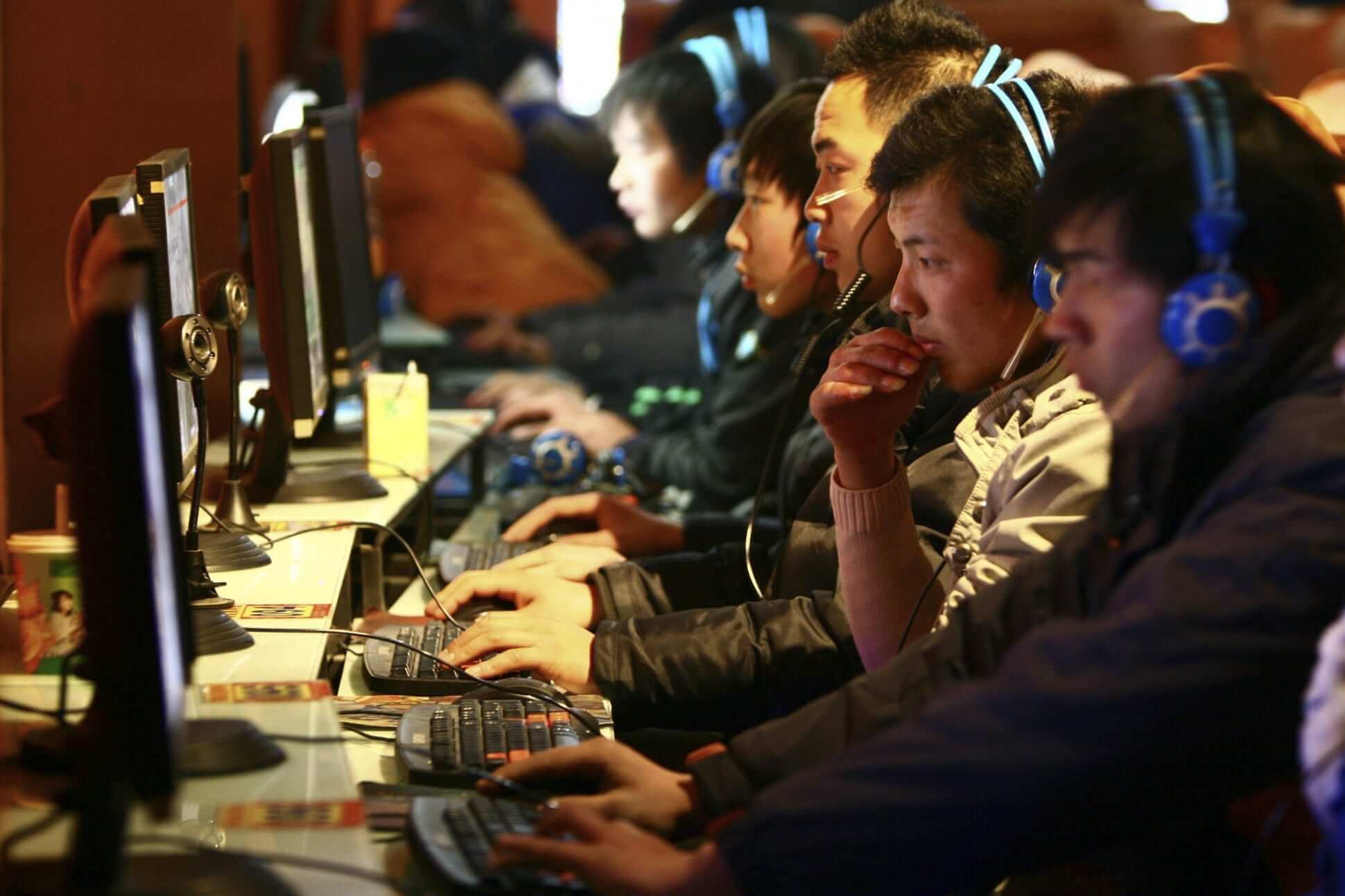As an entrepreneur entering or already in Asia, you will face two main obstacles in terms of your ability to access information on the Internet:
Countries which censor the Internet that you can access that originates from outside of the Asian country you are in – with China being the worst offender.
Countries restricting your access to their content due to you being in a certain country, or not being in the country where the content originates from.
Both problems are serious as an entrepreneur needs access to information to grow their business. Fortunately, both problems are fixable. Read this article to gain a complete understanding of what are known as geo-blocks, or geo-restrictions, how they can impact you as an entrepreneur, and gain a complete understanding of what is going on in China.
Geo-blocking in China: An epidemic of Internet access censorship
The Chinese government has built and maintains the Great Firewall of China. Think of it as a virtual wall that encircles all of China digitally. The Great Firewall controls all activity on the Internet within China, and blocks access to websites which it deems harmful to the Chinese people.
What sort of websites is it blocking? The most recent stats have included the following as being blocked from within China by the Great Firewall:
- Google search
- Gmail and drive
- YouTube
- Flickr
- Shutterstock
- New York Times
- SoundCloud
See a website in that list that you use every single day? I’ll bet you do! You can test to see if vital information sources that you need to access while working in Asia are blocked with this website. The list above is not complete. Be sure you know in advance, and make a plan for your continued access to important pieces of data.
This is not a doomsday point for entrepreneurs looking to do business in China. There is a way to get around the Great Firewall of China, and it’s called a VPN. A VPN works by encrypting your traffic both ways – leaving your computer and returning. When the Great Firewall goes to look at your traffic to determine whether it should censor it or not it can’t – all it sees is encrypted nonsense.
Unfortunately, the Chinese are wise to this too, and some VPNs do not work in China. You can read our list of the best VPNs for China to have a current look at who is working in China right now. They will help you to access the full content of the Internet. The situation does change from time to time, and I’ll work to keep the list up to date for you.
While China isn’t the only country with a firewall limiting those within its borders as to what they can access, it is the worst. Other Asian countries with Internet censorship laws include Vietnam, North Korea, South Korea, Indonesia, Cambodia, Singapore, and Thailand.
Being censored or blocked from abroad: Geo blocks
Geo blocks are what happens when you are in a country that another country does not want you having access to their content. A prime example is being in jolly ole London, England and watching the BBC iPlayer. Everything works fine as long as you’re in the Queen’s domain. But as soon as you leave England you can no longer access this tool – blocks are put in place on England’s side of things.
Here’s what I see when I try to watch something on the BBC iPlayer from outside the UK:
This isn’t limited to the surprisingly controlled Internet of England, but to a number of other prominent Internet websites as well. You can expect to have issues access the following from a number of Asian countries:
- HBO Now
- Hulu
- Netflix
- Some YouTube videos
You can even face geo-blocks by failing to provide your TV subscription package number – a very private piece of information – while trying to watch some live sporting events from websites like NBC!
How this type of censorship works is by the website doing the blocking reading your IP address. Your IP address tells the website where you are in the world. They then block you from viewing and reading content when they see you’re not in the right country. This is a major problem in Asian countries as copyright law often excludes them out of sheer negligence and discrimination.
The way around this is by changing your IP address so that websites believe that you’re in the correct country. This again is a feature of VPNs. You can find an up to date list of the best VPNs for geo-blocks here. Each one of these will give you a wide variety of IP addresses to choose from so that you can be in the country where you need virtually, and gain access. This can not only help you as an entrepreneur trying to find the right content or data, but it can also help you as a person who wants to be entertained!
Firewalls and geo-blocks: The realities of being an entrepreneur in Asia
The Internet was designed and built to be a place to freely access and share information. With countries clamping down on content both within and outside of their borders, this is becoming increasingly difficult. In Asia, where connections to the western world’s mass of Internet data is limited, this can severely limit how you build your business.
As you’ve just read, there are ways to get around this. Your ability to get full access to information, the currency of the modern world, can shape your business in ways you may not yet know. Use the tools I have discussed, prepare yourself if you’re going to Asia from elsewhere for business, and reach your maximum potential.
If you have any questions or comments, please leave them in the comments below. I will get back to you shortly!
written by Marcus Habert, writer & online security blabber of Best VPN provider. see more.






























